Climate change, including global warming, has significantly impacted our planet. Since the adoption of the Paris Agreement by the United Nations, it has been globally recognized as an urgent issue. Additionally, with initiatives like the presentation of CO₂ reduction targets at COP26, businesses are increasingly expected to take responsibility for addressing climate change. This includes contributing to a decarbonized society through efforts such as renewable energy projects and other sustainable business activities.
Japan's goals: a 46% reduction by 2030 and achieving carbon neutrality by 2050.
Contribution to renewable energy facility construction, both domestically and internationally, including solar, wind, and geothermal energy projects.

・Expanding renewable energy as a solar power generation business operator.
・Developing O&M (Operations & Maintenance) and recycling services for solar power facilities.
・Contributing to the construction of inter-regional transmission networks (interconnection lines) and grid storage battery systems
・Contributing to the infrastructure development for electric vehicles.
The impact of climate change on the global environment is a shared societal challenge for all of humanity. It is essential to take action to leave a rich environment for future generations, contribute to a decarbonized society, and actively work towards these goals.

・Commitment to carbon neutrality
・Transition to vehicles using clean energy
・Carbon dioxide absorption through forest ownership and participation in carbon trading
・100% renewable energy usage for electricity (Renewable Energy 100 Declaration)
・Securing clean energy through in-house solar power plants
・Introduction of energy-saving equipment at business sites
・Proactive environmental conservation activities, including TCFD and ESG disclosures
・3Rs (Reduce, Reuse, Recycle) for construction materials
・Participation in environmental plant construction projects
As part of its ESG and sustainability activities, the JESCO Group is promoting a new form of social contribution, where urban-based companies own, maintain, and manage forests to contribute to environmental conservation.
Following the acquisition of 16.7 hectares of protected forest in Nachikatsuura, Wakayama Prefecture in 2017, the Group acquired 4.6 hectares in Yoshino, Nara Prefecture in 2021, and 5.8 hectares in 2022.
The total forest area owned by the Group now reaches 31 hectares. By maintaining and managing these forests over the long term, the Group contributes to CO2 reduction of 420 tons per year, forest conservation, water source protection, and disaster prevention.
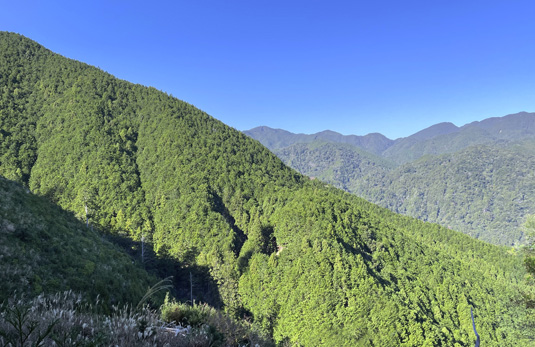
Nachikatsuura Protected Forest
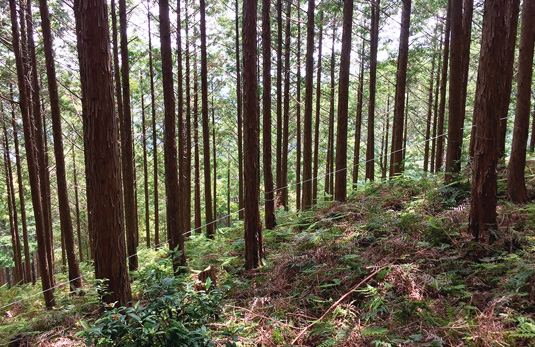
Nachikatsuura Protected Forest (mixed forest of cedar and cypress)
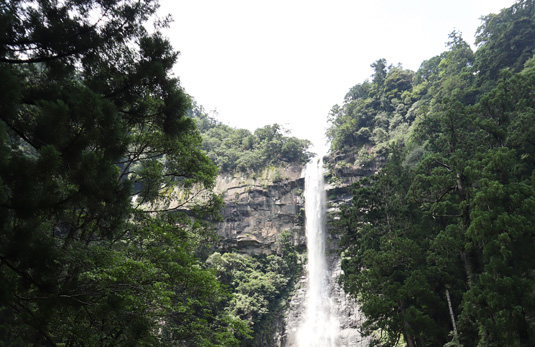
Nachi Falls, located near the Protected Forest
The JESCO Group is working towards achieving Nature Positive by establishing and managing forests, as well as paying attention to biodiversity. As part of this effort, we have installed sensor camera in the Nachi-Katsuura Protection Forest to monitor and confirm the presence of wildlife. So far, we have confirmed the presence of the nationally designated Special Natural Monument "Japanese Serow" and have captured images of deer, monkeys, raccoons, and other animals.
To promote biodiversity conservation activities in the forests owned by JESCO and the surrounding areas, and to advance Nature Positive, we have entered into a partnership agreement with the Japan Nature Conservation Society (NACS-J).
※Nature Positive refers to halting the loss of biodiversity and putting it on a path to recovery.
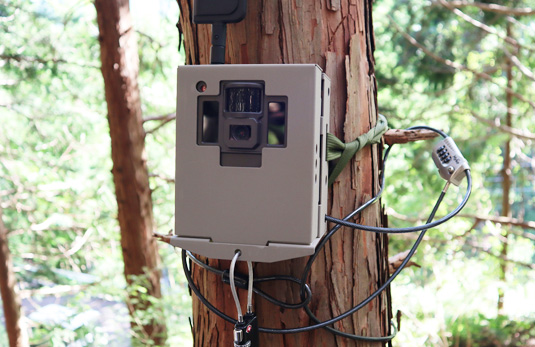
Sensor camera in Nachikatsuura forest
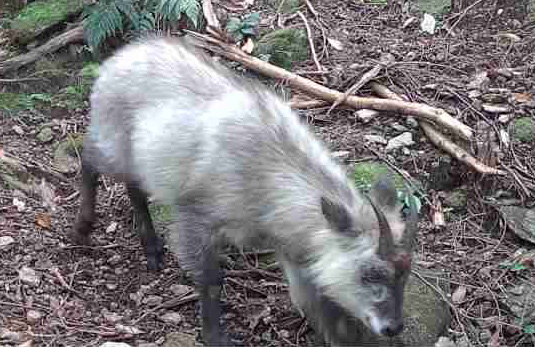
Japanese Serow
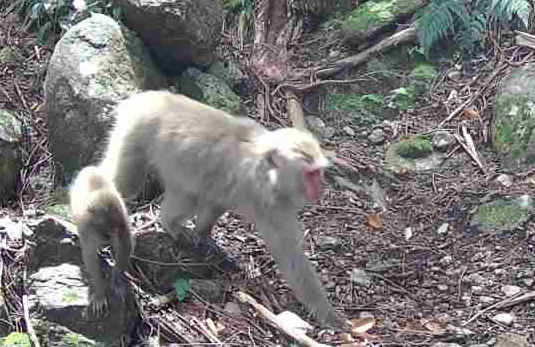
Japanese Monkey
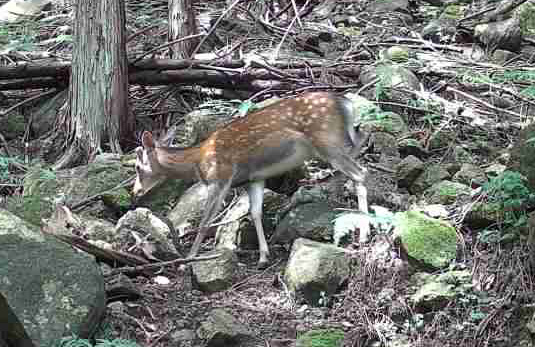
Japanese Deer

As part of its sustainability activities, the JESCO Group has established the Eco Green Club and is promoting eco-friendly initiatives at company-owned guesthouses and training centers.
The JESCO Group owns facilities such as the Tateshina Onsen Takino-yu River Training Center and Tateshina Onsen Guesthouse in Chino City, Nagano Prefecture, as well as the Kawana Ipppaku Lake Onsen Guesthouse in Ito City, Shizuoka Prefecture.
These facilities regularly host seminars, and after each seminar, members of the Eco Green Club participate in eco-friendly activities on the premises, including tree planting, tree cutting, grass mowing, utilizing fallen trees, and organizing the grounds. These efforts contribute to CO2 reduction and environmental conservation.
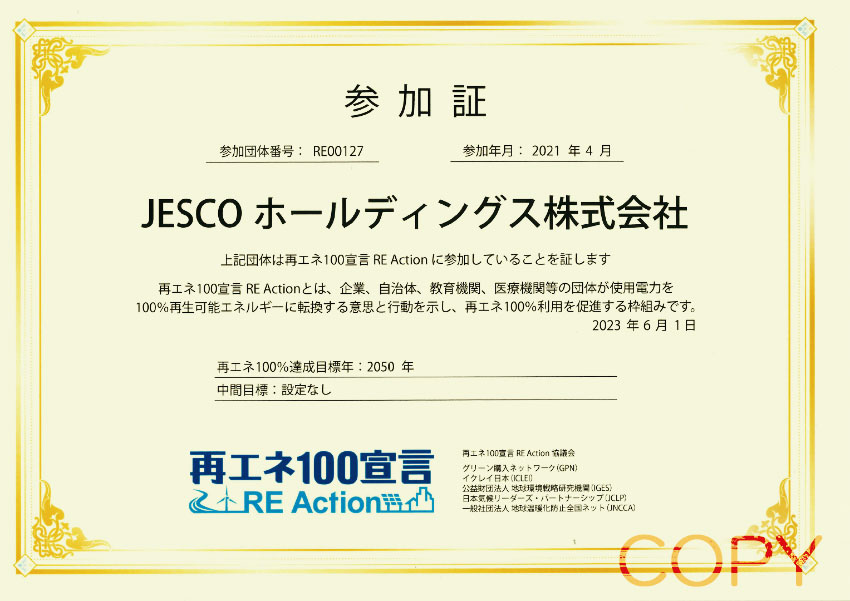
The JESCO Group has joined the "Renewable Energy 100 Declaration RE Action" and has declared its commitment to transitioning to 100% renewable energy for electricity use by 2050.
The group is actively working on expanding its own solar power generation systems and promoting the use of solar power at employee homes and with partner companies, contributing to the realization of a sustainable society.
RE Action is an initiative where private companies, local governments, and educational institutions declare their commitment to converting 100% of their electricity use to renewable energy and work towards achieving this goal, thus promoting the use of renewable energy.
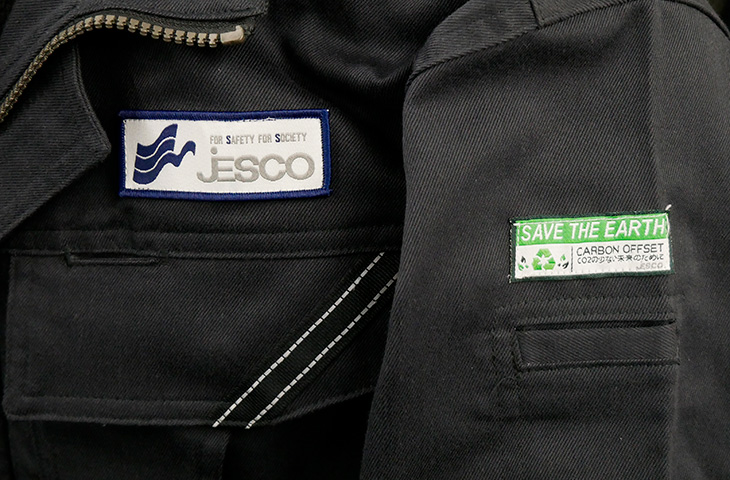
- 拡大
- JESCO carbon offset uniforms
The JESCO Group is purchasing "Carbon Offset Uniforms (with CO2 emission credits)" and is working towards reducing greenhouse gas emissions.
